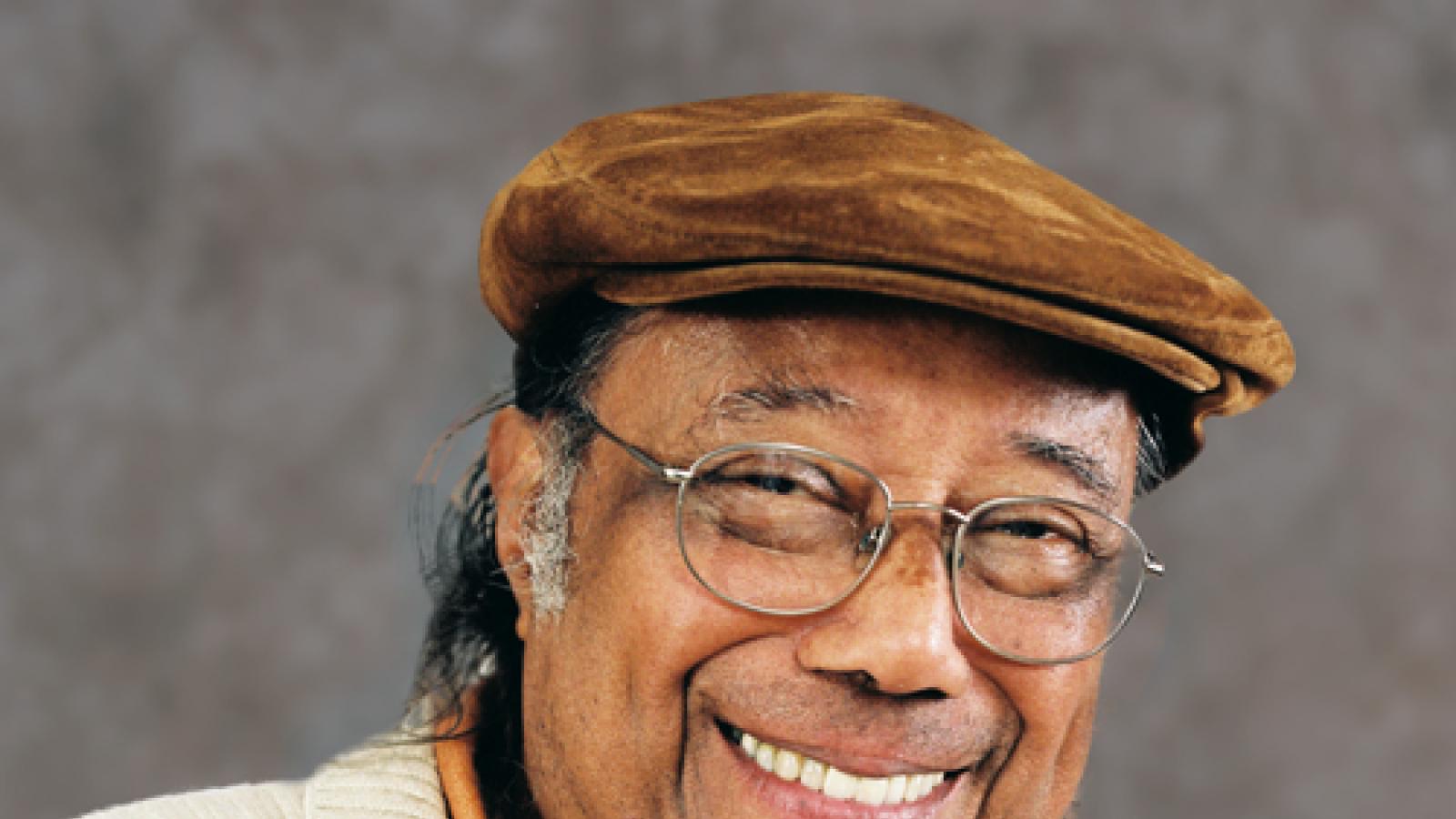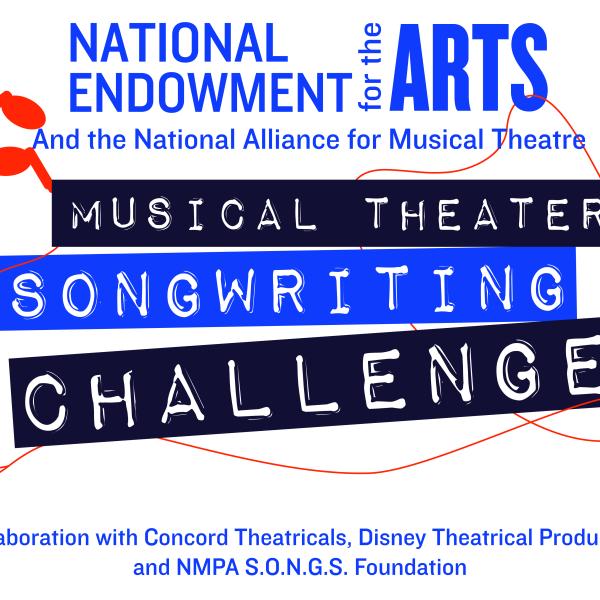Statement on the Death of NEA Jazz Master Horace Silver

It is with great sadness that the National Endowment for the Arts acknowledges the passing of pianist and composer Horace Silver, recipient of a 1995 NEA Jazz Masters fellowship, the nation's highest honor in jazz. Horace Silver was the heart of the hard bop era, helping to form the influential Jazz Messengers and composing many blues and gospel-flavored songs that have become part of the jazz canon. We join the jazz community in mourning his death while celebrating his life and many contributions to jazz.
Silver was exposed to music at an early age, hearing Cape Verde Islands folk music from his father, which influenced his music later in his career, and taking up saxophone and piano in high school. After a 1950 stint backing guest soloist Stan Getz on a gig in Hartford, Connecticut, Silver was enlisted by Getz to join him on tour for the next year. Getz recorded three of Silver's earliest compositions, "Split Kick," "Potter's Luck," and "Penny." In 1951, he moved to New York and quickly found work with Coleman Hawkins, Bill Harris, Oscar Pettiford, Lester Young, and Art Blakey, and in 1952 he began a 28-year relationship with the Blue Note label. Between 1953-55 Silver played in the groundbreaking band the Jazz Messengers, co-led by Blakey. The band was at the forefront of the hard bop movement that followed bebop. By 1956, Silver formed his own band with both Silver's band and the Jazz Messengers turning out to be proving grounds for a number of exceptional, aspiring musicians. Silver's terse, funky playing has influenced pianists as disparate as Herbie Hancock and Cecil Taylor. For several years in the 1980s, he recorded on his own Silveto label, writing lyrics to his compositions with a decidedly metaphysical bent, but in the 1990s, he returned to the hard bop sound he helped create.
Visit arts.gov for more information on Horace Silver.
# # #
Contact
NEA Public Affairs
202-682-5570




